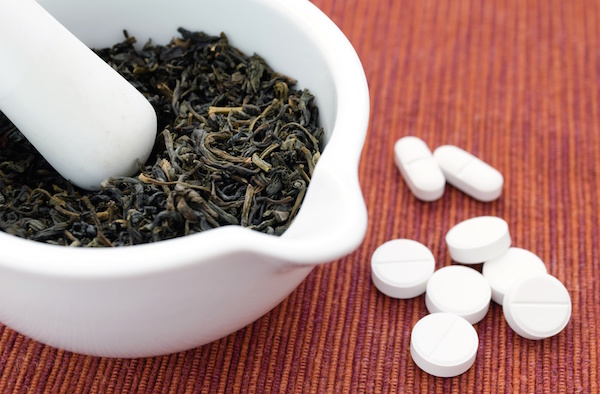
WEDNESDAY, July 11 (HealthDay News) — Resistance to antibiotics spikes during flu season, likely because that’s when the drugs are prescribed more often, researchers report.
Physicians and scientists have worried for years about the possible overuse of antibiotics, since germs can adapt and become immune to them over time.
The researchers looked at statistics regarding antibiotic use and levels of resistance to the drugs. They found that levels of drug-resistant E. coli went up after spikes in prescriptions of two antibiotics, aminopenicillin and fluoroquinolone. The same thing happened to the antibiotic-resistant staph infection called methicillin-resistant Staphylococcus aureus, better known as MRSA. In the months after prescriptions for two other antiobiotics, fluoroquinolones and macrolides, went up, so did cases of MRSA.
“The correlations are concerning, but they also suggest that interventions to reduce antibiotic overuse could help reduce seasonal spikes in resistance,” study author Ramanan Laxminarayan said in a Center for Disease Dynamics, Economics & Policy news release. “Patients and doctors should work together to reduce the number of unnecessary antibiotic prescriptions by not taking or prescribing antibiotics to treat viral illnesses, such as colds and flus. Flu shots also have an important role to play, reducing illness in winter months and leading to fewer doctor visits and fewer antibiotic prescriptions as a result.”
The study appeared online this month in the journal Clinical Infectious Diseases.
More information:
The U.S. National Library of Medicine has more on antibiotics.

